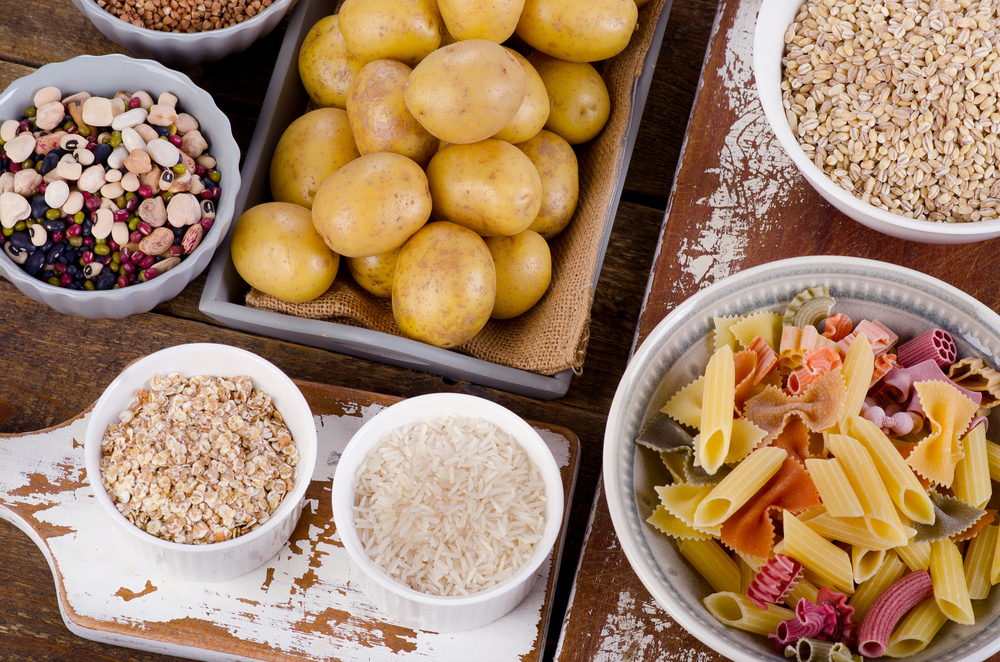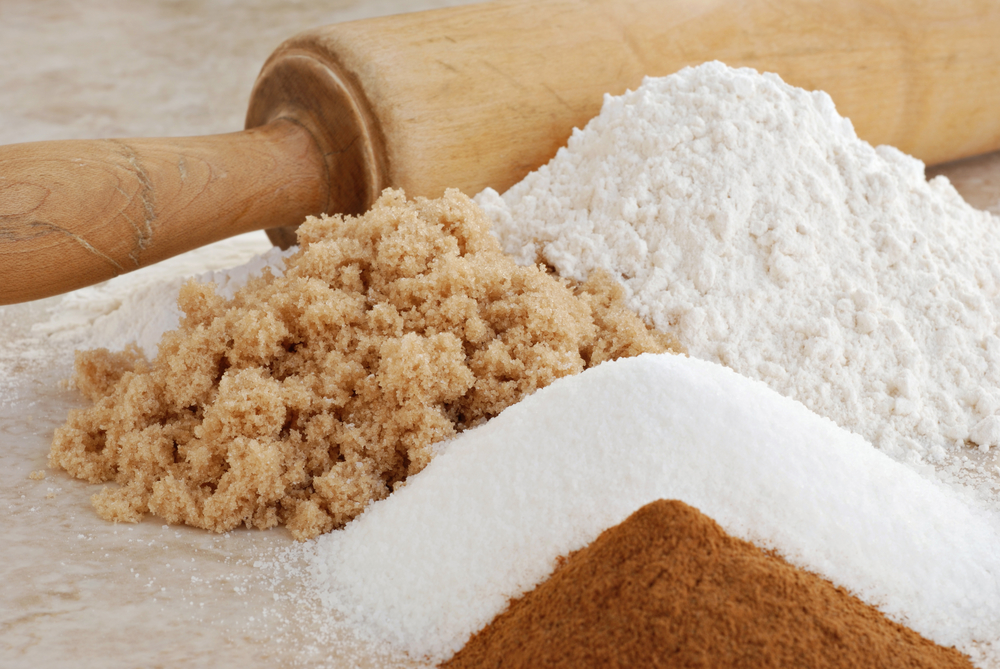By: Tayler Glenn
In the realm of weight loss, carbohydrates are controversial. Some preach swapping “bad” carbs for good carbs, some cut carbohydrates out of the picture completely, and each of them will swear the way they do it works best! So, what’s the deal? Are carbs good for you or not, and what’s the difference between a good carb and bad carb anyway?
Carbohydrate Basics
Like it or not, carbohydrates are found in almost all foods. Of the major nutrients, carbohydrates are considered the most complex because of the very different ways our bodies use carbs such as fiber, starch, and sugar.
See, when you ingest carbs (except for fiber) your body breaks down the sugars and starches into glucose – a main source of energy for your body’s cells. This quick source of energy is crucial, particularly for your brain, liver, and muscles. Just like fats and proteins, however, there are varying degrees of quality when it comes to carbohydrates.
![]()
Simple Carbs
Simple carbs are made of up to two sugar building blocks made from a combination of glucose, fructose, or galactose. Because the chains are short, they break down quickly and easily. This is why these carbs tend to taste sweet and tend to be high on the glycemic-impact scale which means they have a strong effect on your blood sugar levels.
When you’re thinking simple carbohydrates, think table sugar, syrup, honey, candy, and refined flours/bread products. Of course, other foods (fruits, vegetables, dairy) also contain simple carbs. But the addition of naturally occurring protein, fiber, and nutrients make these options a bit healthier, especially for weight loss.
![]()
Complex Carbs
Complex carbs are generally either “starch” or “fiber”, and these carbohydrates are made of three or more sugars. These are the same building blocks you find in simple carbs but, because the chains of complex carbs are longer, they take more time to break down. This slower breakdown helps to slow digestion and absorption, allowing you to avoid the spike in blood sugar found after eating simple carbs.
You tend to find complex carbohydrates in whole foods such as beans, whole grains, and vegetables and they also come in more and less healthy options – just like simple carbs.

Choosing Better Carbs
We constantly hear the words “good” and “bad” assigned to types of carbohydrates, so it’s important to know why a food falls into one category over the other.
![]()
Good Carbs vs Bad Carbohydrate: The Breakdown
Good Carbs are:
- Low to moderate in calories per serving.
- High in additional nutrients
- Low or without refined sugars/grains.
- High in naturally occurring fiber, which helps stabilize blood sugar levels & also helps you stay regular, increases satiety, and fills you up faster.
- Low in sodium.
- Low in unhealthy fats.
Bad Carbs are:
- High in calories per serving/size
- High in sweeteners such as white sugar, corn syrup, honey, and added juices.
- High in refined grains.
- Low in nutrients & fiber.
- High in sodium & unhealthy fats.
![]()
How to Choose Better Carbs
When it comes to choosing carbohydrates, focus on choosing ones that are nutrient-dense and come from whole foods such as fruits and vegetables. Here are a few rules to help you make the best choices:
Try to get your carbs from whole food sources.
If you can pick that food from a garden, you have a far better chance of it being a good carbohydrate. For example, apples instead of apple juice or brown rice over rice crackers.
Limit refined carbs.
Foods that we typically buy in the store such as white rice, white bread, cereals, and pasta tend to be more heavily processed and have healthy nutrients, like fiber, stripped from them. These foods are generally considered as “empty calories” because of the lack of other nutrients – namely micronutrients. These foods also tend to be high on the glycemic-impact scale since they’re likely to spike your blood sugar.
Pay attention to glycemic impact.
While it isn’t the sole defining aspect of food’s nutritional value, ensuring you’re choosing whole foods that have a low-GI score is helpful in ensuring an intake high in healthier carbohydrates.



It’s easy to see how a diet rich in good, unrefined carbs from whole foods can help you achieve a healthy lifestyle & body composition much faster than a diet of processed, refined carbs. It’s not all or nothing, so don’t be fooled by the fads promising an energetic, healthy you by eliminating entire food groups (yes, even carbs). TLS® Weight Loss Solution is a great place to start learning about the glycemic impact if you’re looking to lose weight or clean up your diet to feel better than ever!




Comments (0)